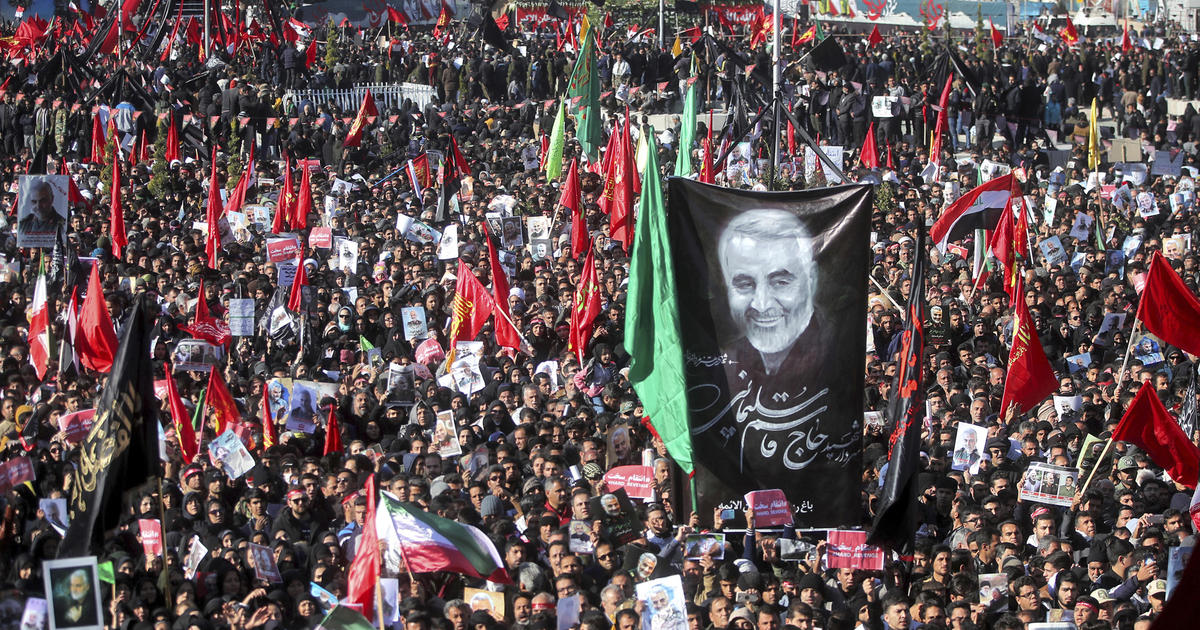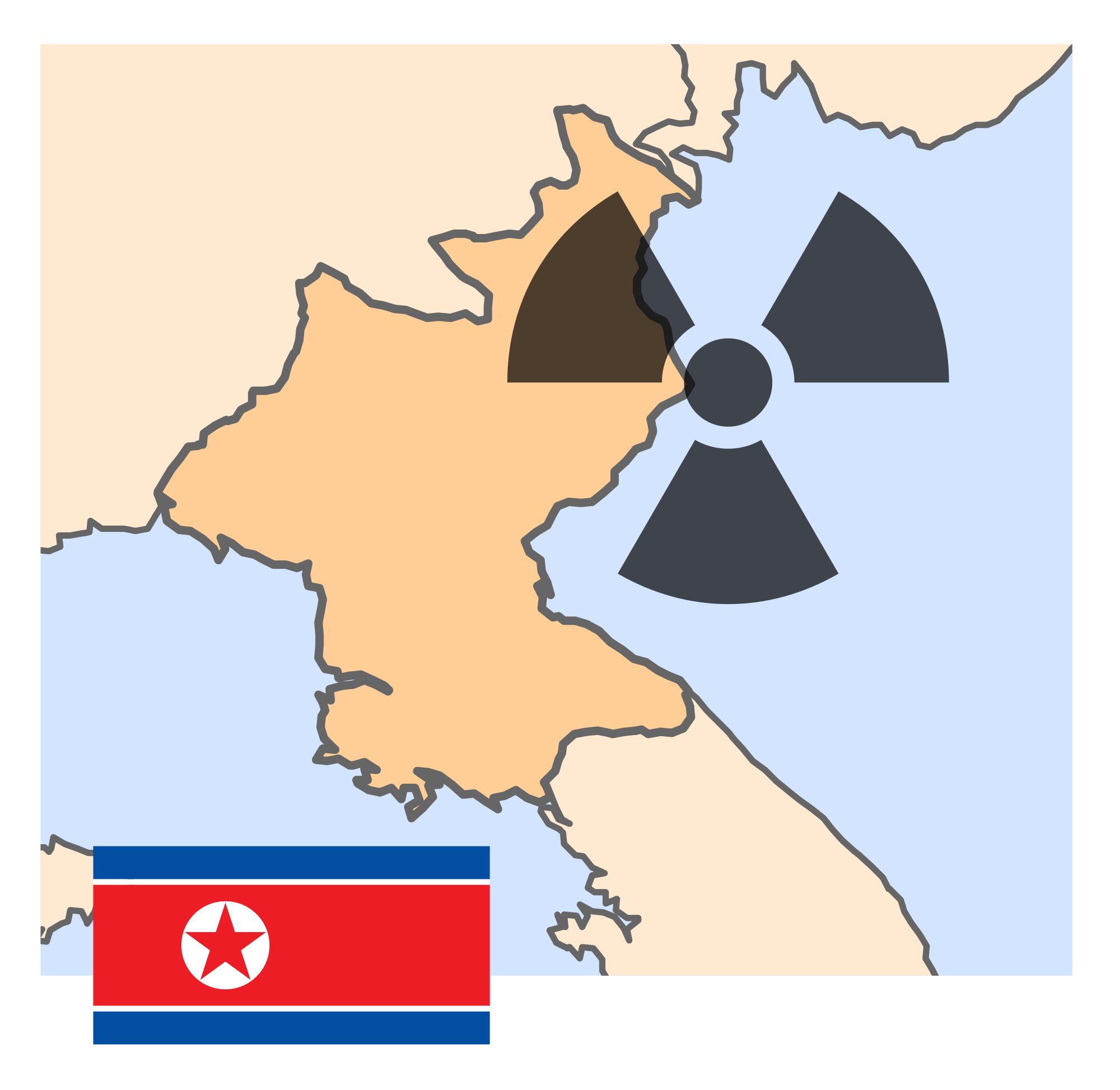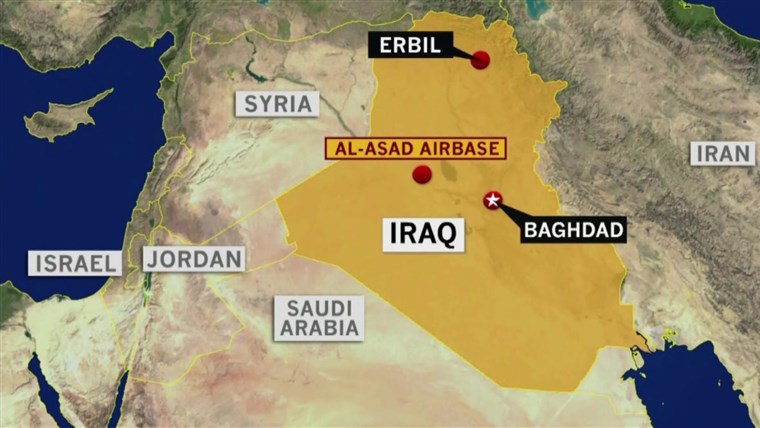Yue Li, Senior Fellow, Pangoal Institution
Feb 14, 2020
North Korea’s responses often seem tied to a “nothing more to lose” calculation. But good negotiators might be able to make a gesture over the bargaining table that could make all the difference. The window may not be open long.
Richard Javad Heydarian, Professorial Chairholder in Geopolitics, Polytechnic University of the Philippines
Feb 04, 2020
With Vietnam assuming the ASEAN chairmanship in 2020, and the US entering a contentious presidential election amid growing anti-China sentiment in Washington, Malaysia is betting on growing efforts to constrain Beijing’s maritime ambitions.

Zhou Bo, Senior Fellow, Center for International Security and Strategy, Tsinghua University
Feb 03, 2020
Scholars speak of the old Chinese idea of wangdao — an enlightened and benevolent power. But this does not require China to become a new hegemon that someday replaces the United States. China can help the world by earning the trust of others.
Zoe Jordan, Yenching Scholar at Peking University
Feb 03, 2020
India and China’s nuclear deterrence allows both countries to undertake bilateral problem solving without fear of conflict escalation, while the United States and China can simultaneously work to reduce overall global nuclear risks.
Lucio Blanco Pitlo III, President of Philippine Association for Chinese Studies, and Research Fellow at Asia-Pacific Pathways to Progress Foundation
Feb 02, 2020
The death of Qassim Suleimani highlights the growing divide between the US and the Middle East at large, a divide which may create an opportunity for China to strengthen regional ties.
Ben Reynolds, Writer and Foreign Policy Analyst in New York
Feb 02, 2020
In the wake of rising U.S.-Iranian tension, there seems to be no clear path forward – and no clear winner. China stands to pluck the fruit of possible conflict in the region.
Dan Steinbock, Founder, Difference Group
Jan 23, 2020
The assassination of Major General Soleimani reflects regime change operations that have taken a perilous turn in a volatile region.

Zhao Tong, Fellow, Carnegie–Tsinghua Center for Global Policy
Jan 21, 2020
Absent some substantive progress, the Korean Peninsula situation may well deteriorate significantly this year. To prevent a new escalation, the international community should make the DPRK aware of exactly what the red lines are.

Jin Liangxiang, Senior Research Fellow, Shanghai Institute of Int'l Studies
Jan 17, 2020
Hatred runs deep between the two countries. Thus, even if tensions recede, hostility is likely to remain, or even increase. In the end, it will benefit no one.
Fan Gaoyue, Guest Professor at Sichuan University, Former Chief Specialist at PLA Academy of Military Science
Jan 14, 2020
The United States has weakened it reputation around the world through the capricious actions of the Trump administration. As a result, even its friends are unlikely to play along.
Back to Top

- China-US Focus builds trust and understanding between the U.S. and China through open dialogue among thought leaders.
- Our Offerings
- Topics
- Videos
- Podcasts
- Columnists
- Research Reports
- Focus Digest
- Stay Connected
-
Thanks for signing up!
- Get the latest stories from China-US Focus weekly.